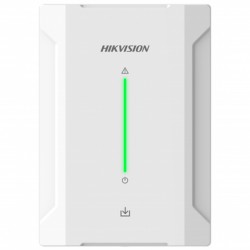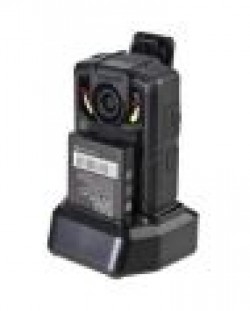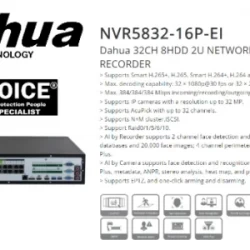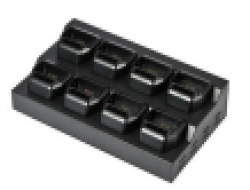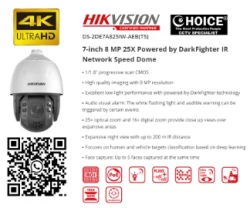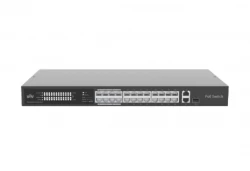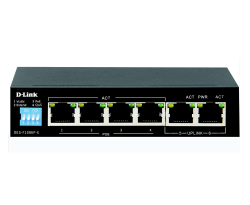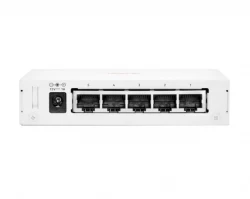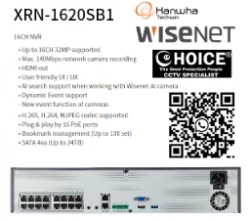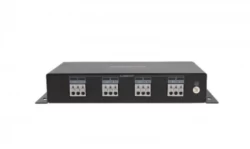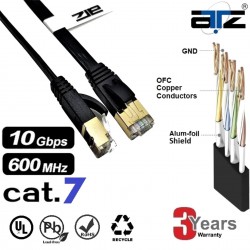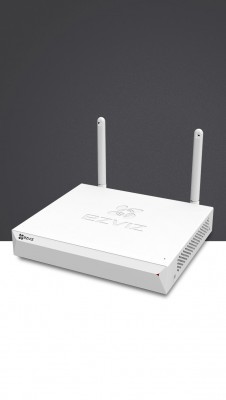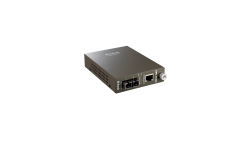CHOICE BC608G4 Live Video Streaming Voice Intercom
 CHOICECYCLE
CHOICECYCLE
Address:
1 Rochor Canal Road, #02-81 Sim Lim Square 188504
Singapore.
9853 4404
enquiry@choicecycle.com.sg
Frequently bought together:
CHOICE BC608G4 Live Video Streaming Voice Intercom Online Supporting External Camera SOS-One key alarm GPS Global Positioning Online AES256 Video Encryption
What are the Features , Functions and Benefitss, Advantages of
- Intercom single cell group call
- Battery 3600mAh/4200mAh
- 17-hour/20- hour Continuous Recording
- Live Video Streaming via 4G LTE/WIFI
- GPS Global Positioning Online
- AES256 Video Encryption - SOS-One key alarm
- 32-256GB Card Storage
- Voice Intercom Online(Optional)
- Supporting External Camera(Optional)
- Size 3.3"x2.18"x1.26" and weight 5.1oz/5.5oz
Description :
Advanced Recording + 32G + 4G+Wifi+GPS+3600mAh battery (built-in, non changeable)+ Charging Cradle
Body-worn cameras (BWCs) can be utilized by various professionals and organizations across different sectors. Here are some potential users:
Law Enforcement Officers: Police officers and other law enforcement personnel use body-worn cameras to record interactions with the public, gather evidence, and ensure accountability and transparency in their actions.
Security Personnel: Security guards, private investigators, and other security professionals may use body-worn cameras to document incidents, monitor activities, and enhance security measures.
Emergency Responders: Paramedics, firefighters, and other emergency responders may use body-worn cameras to document emergency situations, assess scenes, and improve coordination during rescue operations.
Correctional Officers: Officers working in correctional facilities can use body-worn cameras to monitor inmate behavior, document incidents, and ensure safety and security within the facility.
Military Personnel: Military personnel may use body-worn cameras during training exercises, combat operations, and other military activities to record important events, gather intelligence, and enhance situational awareness.
Park Rangers and Wildlife Officers: Park rangers, wildlife officers, and other conservation professionals can use body-worn cameras to monitor wildlife, enforce regulations, and document environmental violations.
Social Workers: Social workers and child protection officers may use body-worn cameras during home visits and interactions with clients to document evidence, ensure safety, and protect vulnerable individuals.
Journalists and Documentary Filmmakers: Journalists, documentary filmmakers, and media professionals may use body-worn cameras to capture footage for news reports, documentaries, and other media projects.
Sports Officials and Coaches: Sports referees, coaches, and officials can use body-worn cameras to review plays, analyze performance, and provide feedback to athletes during training sessions and competitions.
Researchers and Scientists: Researchers, scientists, and academics may use body-worn cameras to collect data, conduct field studies, and document observations in various fields such as anthropology, sociology, and environmental science.
These are just a few examples of potential users of body-worn cameras, and the applications of this technology continue to expand as new industries and sectors recognize its benefits.
CHOICE BC608G4 Live Video Streaming Voice Intercom Online Supporting External Camera SOS-One key alarm GPS Global Positioning Online AES256 Video Encryption
Technical Details:
| Brand: | CHOICE |
|---|---|
| Model number: | BC608G4 |
| Part Number: | 08979943013052 |
| Seller SKU: | CC81 BC608G4 |
| Origin: | Singapore |
| Minimum order quantity: | 1 |
| Date first listed on Sim Lim Square: | Apr 19, 2024 |
CHOICE BC608G4 Live Video Streaming Voice Intercom Online Supporting External Camera SOS-One key alarm GPS Global Positioning Online AES256 Video Encryption
What are the Features , Functions and Benefitss, Advantages of
- Intercom single cell group call
- Battery 3600mAh/4200mAh
- 17-hour/20- hour Continuous Recording
- Live Video Streaming via 4G LTE/WIFI
- GPS Global Positioning Online
- AES256 Video Encryption - SOS-One key alarm
- 32-256GB Card Storage
- Voice Intercom Online(Optional)
- Supporting External Camera(Optional)
- Size 3.3"x2.18"x1.26" and weight 5.1oz/5.5oz
Description :
Advanced Recording + 32G + 4G+Wifi+GPS+3600mAh battery (built-in, non changeable)+ Charging Cradle
Body-worn cameras (BWCs) can be utilized by various professionals and organizations across different sectors. Here are some potential users:
Law Enforcement Officers: Police officers and other law enforcement personnel use body-worn cameras to record interactions with the public, gather evidence, and ensure accountability and transparency in their actions.
Security Personnel: Security guards, private investigators, and other security professionals may use body-worn cameras to document incidents, monitor activities, and enhance security measures.
Emergency Responders: Paramedics, firefighters, and other emergency responders may use body-worn cameras to document emergency situations, assess scenes, and improve coordination during rescue operations.
Correctional Officers: Officers working in correctional facilities can use body-worn cameras to monitor inmate behavior, document incidents, and ensure safety and security within the facility.
Military Personnel: Military personnel may use body-worn cameras during training exercises, combat operations, and other military activities to record important events, gather intelligence, and enhance situational awareness.
Park Rangers and Wildlife Officers: Park rangers, wildlife officers, and other conservation professionals can use body-worn cameras to monitor wildlife, enforce regulations, and document environmental violations.
Social Workers: Social workers and child protection officers may use body-worn cameras during home visits and interactions with clients to document evidence, ensure safety, and protect vulnerable individuals.
Journalists and Documentary Filmmakers: Journalists, documentary filmmakers, and media professionals may use body-worn cameras to capture footage for news reports, documentaries, and other media projects.
Sports Officials and Coaches: Sports referees, coaches, and officials can use body-worn cameras to review plays, analyze performance, and provide feedback to athletes during training sessions and competitions.
Researchers and Scientists: Researchers, scientists, and academics may use body-worn cameras to collect data, conduct field studies, and document observations in various fields such as anthropology, sociology, and environmental science.
These are just a few examples of potential users of body-worn cameras, and the applications of this technology continue to expand as new industries and sectors recognize its benefits.
CHOICE BC608G4 Live Video Streaming Voice Intercom Online Supporting External Camera SOS-One key alarm GPS Global Positioning Online AES256 Video Encryption
Return and Refund Policy:
Same Packing, Unused within 14 days - Repair, Replace, Return & Refundable.
No reviews
Related Items









